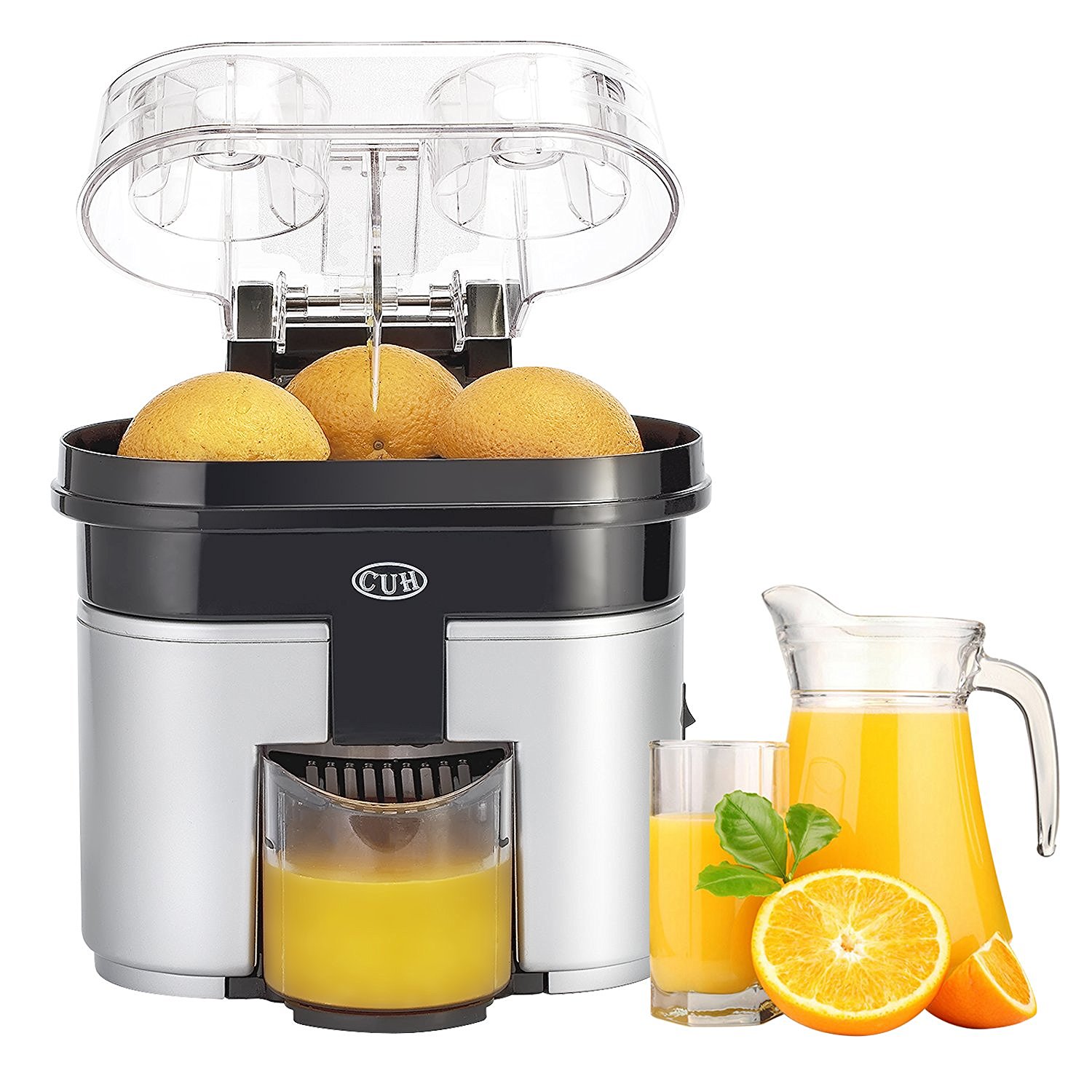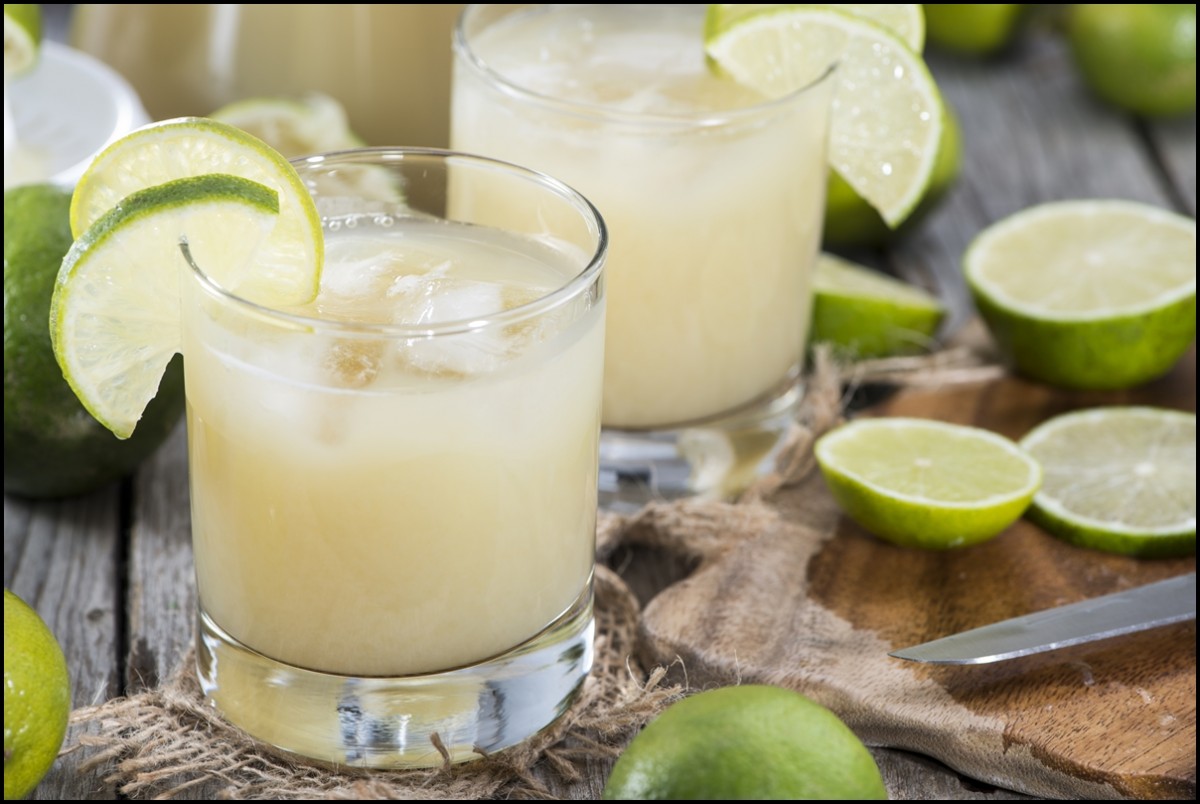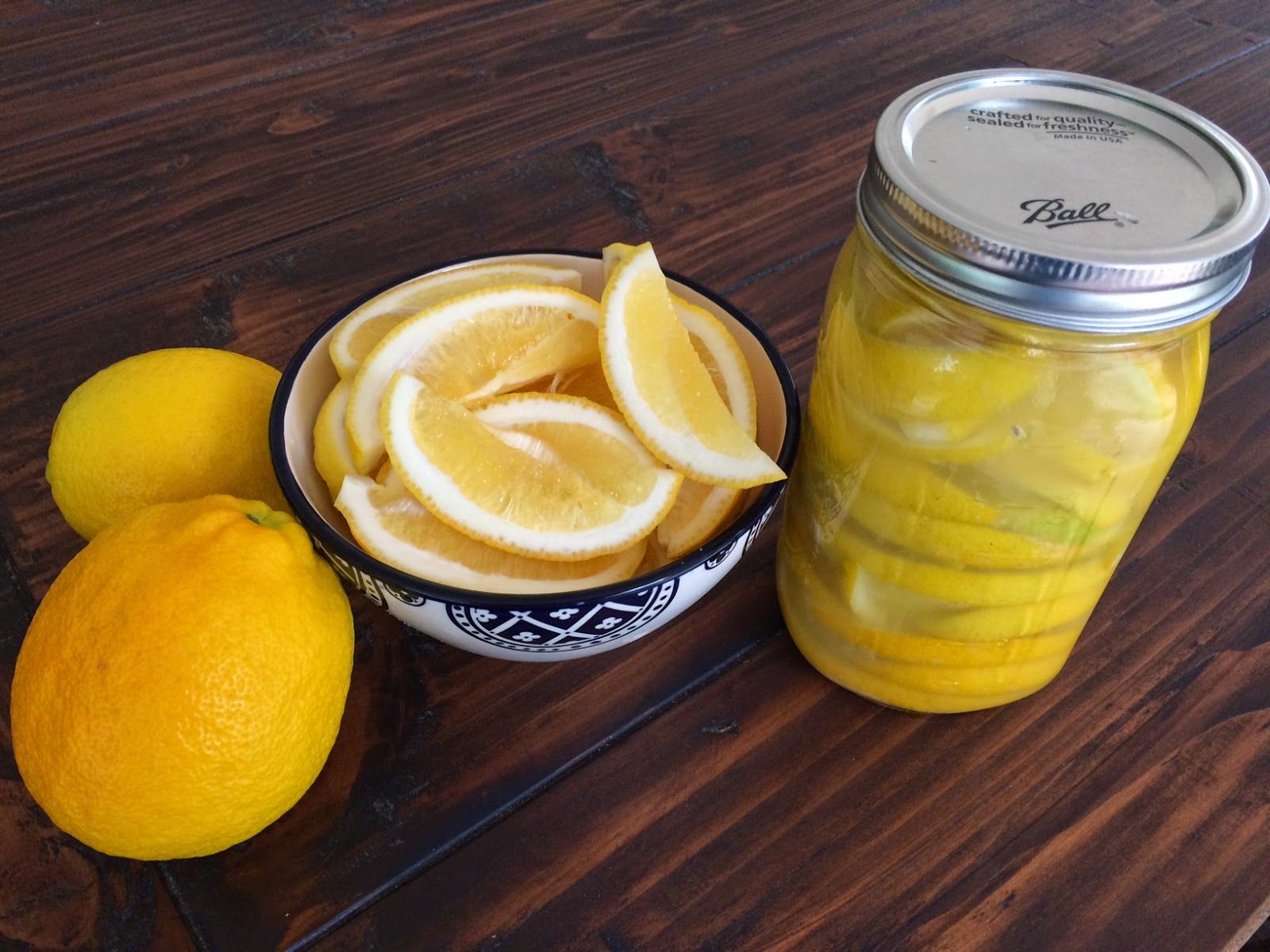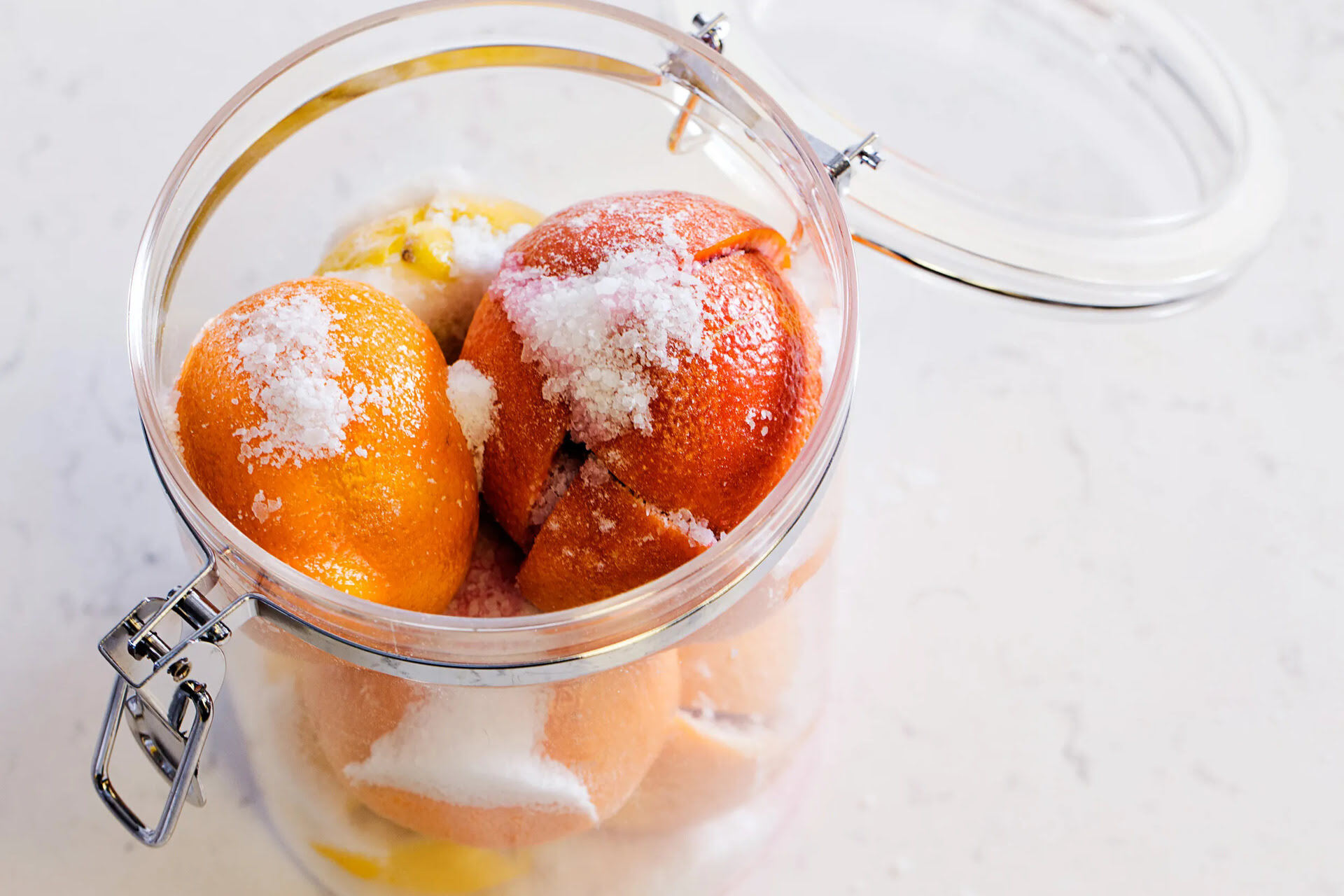

Articles
How To Store Orange Juice
Modified: January 18, 2024
Learn the best ways to store orange juice and keep it fresh for longer with these helpful articles.
(Many of the links in this article redirect to a specific reviewed product. Your purchase of these products through affiliate links helps to generate commission for Storables.com, at no extra cost. Learn more)
Introduction
Orange juice is a refreshing and nutritious beverage that is loved by many. Whether it’s freshly squeezed or store-bought, maintaining its freshness and flavor is essential. Properly storing orange juice can help preserve its quality and allow you to enjoy it for a longer period.
In this article, we will guide you through the steps of storing orange juice to ensure that it stays fresh and delicious. From selecting the right oranges to refrigeration and freezing techniques, we will cover everything you need to know to keep your orange juice at its best.
So, if you’re ready to learn how to store orange juice properly, let’s dive in!
Key Takeaways:
- Choose firm, heavy, and vibrant oranges for flavorful juice. Opt for organic or pesticide-free options for a healthier and more natural taste. Properly store in airtight containers to maintain freshness.
- Refrigerate freshly squeezed orange juice for 2-3 days and store-bought juice as indicated on the packaging. Freeze excess juice in freezer-safe containers and thaw slowly for optimal flavor. Use glass containers, minimize air exposure, and regularly check for spoilage to ensure longevity.
Read more: How To Juice An Orange With Juicer
Step 1: Choosing the Right Oranges
When it comes to storing orange juice, selecting the right oranges is crucial. The quality and freshness of the oranges will directly impact the taste and longevity of the juice. Here are some tips to help you choose the best oranges:
- Go for organic or pesticide-free oranges if possible. These oranges are grown without the use of harmful chemicals, resulting in a healthier and more natural juice.
- Look for oranges that are firm and heavy for their size. Avoid oranges that feel mushy or have soft spots, as they may be overripe or spoiled.
- Choose oranges with smooth, unblemished skin. Avoid those with mold, bruises, or other signs of damage.
- Consider the variety of oranges you prefer. Navel oranges are commonly used for juice due to their sweet and slightly tangy flavor. Valencia oranges are another popular choice, known for their juiciness.
- Opt for oranges that have a vibrant and bright color. This indicates that they are ripe and will yield flavorful juice.
By selecting high-quality oranges, you can ensure that your orange juice will have a fresh and enticing taste.
Step 2: Extracting the Juice
Once you have chosen the perfect oranges, it’s time to extract the juice. Here are a few methods you can use to extract the juice:
- Manual Juicer: Using a manual juicer is a simple and effective way to extract orange juice. Cut the oranges in half and place them on the juicer, then apply pressure and twist to extract the juice.
- Citrus Juicer: If you have a citrus juicer, it can make the juice extraction process even easier. Simply cut the oranges in half and place them on the juicer, then let the machine do the work for you.
- Juicer Machine: If you have a juicer machine, it’s another convenient option for extracting orange juice. Follow the manufacturer’s instructions on how to use your particular juicer.
Whichever method you choose, make sure to strain the juice to remove any pulp or seeds. This will result in a smoother and more enjoyable drinking experience.
It’s worth noting that freshly squeezed orange juice is typically preferred over store-bought juice due to its superior flavor and nutritional value. However, if you don’t have the time or resources to squeeze your own juice, store-bought options are still a viable choice.
Now that you have extracted the juice, let’s move on to the next step: storing orange juice to maintain its freshness and flavor.
Step 3: Storing Orange Juice
Proper storage is essential to ensure that your orange juice stays fresh and retains its delicious taste. Here’s how you can store orange juice:
- Transfer to airtight containers: Once you’ve extracted the orange juice, transfer it to clean, airtight containers. Glass bottles or jars with tight-fitting lids are ideal for storing orange juice. Make sure the containers are thoroughly cleaned and sanitized before use.
- Fill the containers appropriately: Leave some headspace at the top of each container to allow for expansion as the juice freezes or chills.
- Label and date the containers: It’s important to label each container with the date of extraction to keep track of its freshness. This will help you identify and use the oldest juice first.
- Store in a cool and dark place: Place the containers of orange juice in a cool and dark area, such as a pantry or a refrigerator. Avoid exposing the juice to direct sunlight or heat, as it can cause spoilage.
By following these steps, you can ensure that your orange juice remains fresh and maintains its flavor for a longer period.
Now that you know how to store orange juice, let’s explore more specific guidelines for refrigerating and freezing orange juice to maximize its shelf life.
Step 4: Refrigeration and Shelf Life
Refrigeration plays a vital role in preserving the freshness and extending the shelf life of orange juice. Here are some guidelines for refrigerating orange juice:
- Refrigerate promptly: After extracting the juice and storing it in containers, place them in the refrigerator as soon as possible. The optimal temperature for storing orange juice in the refrigerator is between 32°F (0°C) and 40°F (4°C).
- Keep it sealed: Ensure that the containers are tightly sealed to prevent air exposure, as oxygen can degrade the quality of the juice over time.
- Shelf life: Freshly squeezed orange juice can typically be refrigerated for up to 2-3 days. Store-bought orange juice, on the other hand, usually has a longer shelf life, as indicated on the packaging.
It’s important to note that the shelf life of orange juice may vary depending on factors such as the freshness of the oranges, the juicing method, and whether the juice is pasteurized or not. Always check for any signs of spoilage, such as a foul odor or unusual color, before consuming refrigerated orange juice.
Proper storage and regular monitoring of the orange juice can help you enjoy it at its best for a longer duration.
Next up, we will explore the process of freezing orange juice for extended storage.
Store orange juice in a tightly sealed glass or plastic container to prevent oxidation and maintain freshness. Keep it refrigerated and consume within 7-10 days for the best flavor.
Read more: How To Make Orange Juice In A Blender
Step 5: Freezing Orange Juice
If you have excess orange juice or want to store it for a longer period, freezing is a great option. Freezing helps retain the flavor and nutritional value of the juice. Here’s how you can freeze orange juice:
- Transfer to freezer-safe containers: Pour the orange juice into freezer-safe containers, leaving some space at the top for expansion during freezing. You can use glass or plastic containers with tight lids, or even ice cube trays for smaller portions.
- Label and date the containers: Just like with refrigerated orange juice, make sure to label each container with the date of freezing. This will help you keep track of the storage time and ensure you use the oldest juice first.
- Seal the containers tightly: Ensure that the containers are sealed tightly to prevent freezer burn and maintain the quality of the juice.
- Place in the freezer: Put the containers in the freezer and make sure they are stored in an upright position to prevent leakage. Keep them away from strong-smelling foods to avoid any cross-contamination of flavors.
Frozen orange juice can be stored for several months, but it’s best to consume it within 4-6 months for optimal taste and quality. Always check for any signs of freezer burn or degradation before using frozen orange juice.
Now that you know how to freeze orange juice, let’s move on to the next step: thawing and using the frozen juice.
Step 6: Thawing and Using Frozen Orange Juice
When you’re ready to use your frozen orange juice, proper thawing is essential to maintain its flavor and consistency. Here’s how you can thaw and use frozen orange juice:
- Refrigerator thawing: The safest method to thaw frozen orange juice is by transferring it from the freezer to the refrigerator. Allow the juice to thaw slowly in the refrigerator for several hours or overnight. This method preserves the flavor and quality of the juice.
- Cold water thawing: If you need to thaw the juice more quickly, you can use the cold water thawing method. Place the frozen container of juice in a larger bowl or sink filled with cold water. Change the water every 30 minutes until the juice is thawed completely. Do not use warm water for thawing, as it can compromise the juice’s quality.
- Avoid microwave thawing: While it’s possible to thaw frozen orange juice in the microwave, it’s not recommended as it can lead to uneven thawing and may affect the taste and texture of the juice.
Once the frozen orange juice is thawed, give it a good shake or stir to mix any separated components. It’s now ready to be enjoyed as a refreshing beverage or used in various recipes.
Remember, thawed orange juice should be consumed within a few days and should not be refrozen.
Next, we’ll cover some additional tips for storing orange juice to ensure its quality and freshness.
Step 7: Other Tips for Storing Orange Juice
Aside from the main steps mentioned earlier, there are a few additional tips that can help you store orange juice effectively and maintain its freshness:
- Use glass containers: Glass containers are preferred over plastic because they are less likely to absorb odors and flavors. Additionally, glass is non-reactive and helps preserve the taste of the orange juice.
- Avoid air exposure: Air exposure can cause oxidation and lead to the deterioration of the orange juice’s quality. Always ensure that the containers are tightly sealed to minimize air contact.
- Use smaller containers: Instead of storing all the juice in one large container, consider using smaller containers. This allows you to thaw only the amount you need, reducing waste and maintaining the freshness of the remaining juice.
- Keep the storage area clean: Clean the storage area, whether it’s the refrigerator or pantry, regularly to prevent the buildup of bacteria that can affect the orange juice. Wipe down shelves and remove any spills or drips promptly.
- Avoid storing near strong odors: Orange juice easily absorbs odors from strong-smelling foods. Keep it away from items like onions, garlic, and cleaning chemicals to maintain its natural flavor.
- Regularly check for spoilage: Periodically check the stored orange juice for any signs of spoilage, such as unusual color, off-putting odor, or unusual texture. If you notice any abnormalities, discard the juice to avoid health risks.
By following these additional tips, you can prolong the shelf life of your orange juice and ensure that it maintains its freshness and delicious taste.
Finally, let’s summarize what we’ve learned about storing orange juice.
Conclusion
Storing orange juice properly is essential to maintain its freshness, flavor, and nutritional value. By following the steps outlined in this article, you can ensure that your orange juice remains delicious and enjoyable to drink.
Choosing the right oranges is the first step in storing orange juice. Look for firm, heavy oranges with smooth skin and vibrant color. Organic or pesticide-free options are preferable for a healthier juice.
Properly extracting the juice and straining out any pulp or seeds will result in a smooth and enjoyable drinking experience.
When it comes to storing orange juice, transfer it to airtight containers and store them in a cool and dark place. Refrigerate freshly squeezed orange juice for a few days, while store-bought orange juice can last longer as indicated on the packaging.
If you have excess juice or want to store it for an extended period, freezing is a great option. Use freezer-safe containers and label them with the date of freezing. Thaw the frozen juice in the refrigerator or using the cold water thawing method.
Remember to follow these additional tips, such as using glass containers, minimizing air exposure, and regularly checking for spoilage, to ensure the longevity of your orange juice.
By taking the time to store orange juice properly, you can enjoy the refreshing and nutritious beverage for an extended period, while minimizing waste and maximizing its flavor and quality.
So, grab your favorite glass and pour yourself a glass of stored orange juice, knowing that you’ve done everything to preserve its goodness. Cheers!
Frequently Asked Questions about How To Store Orange Juice
Was this page helpful?
At Storables.com, we guarantee accurate and reliable information. Our content, validated by Expert Board Contributors, is crafted following stringent Editorial Policies. We're committed to providing you with well-researched, expert-backed insights for all your informational needs.















0 thoughts on “How To Store Orange Juice”